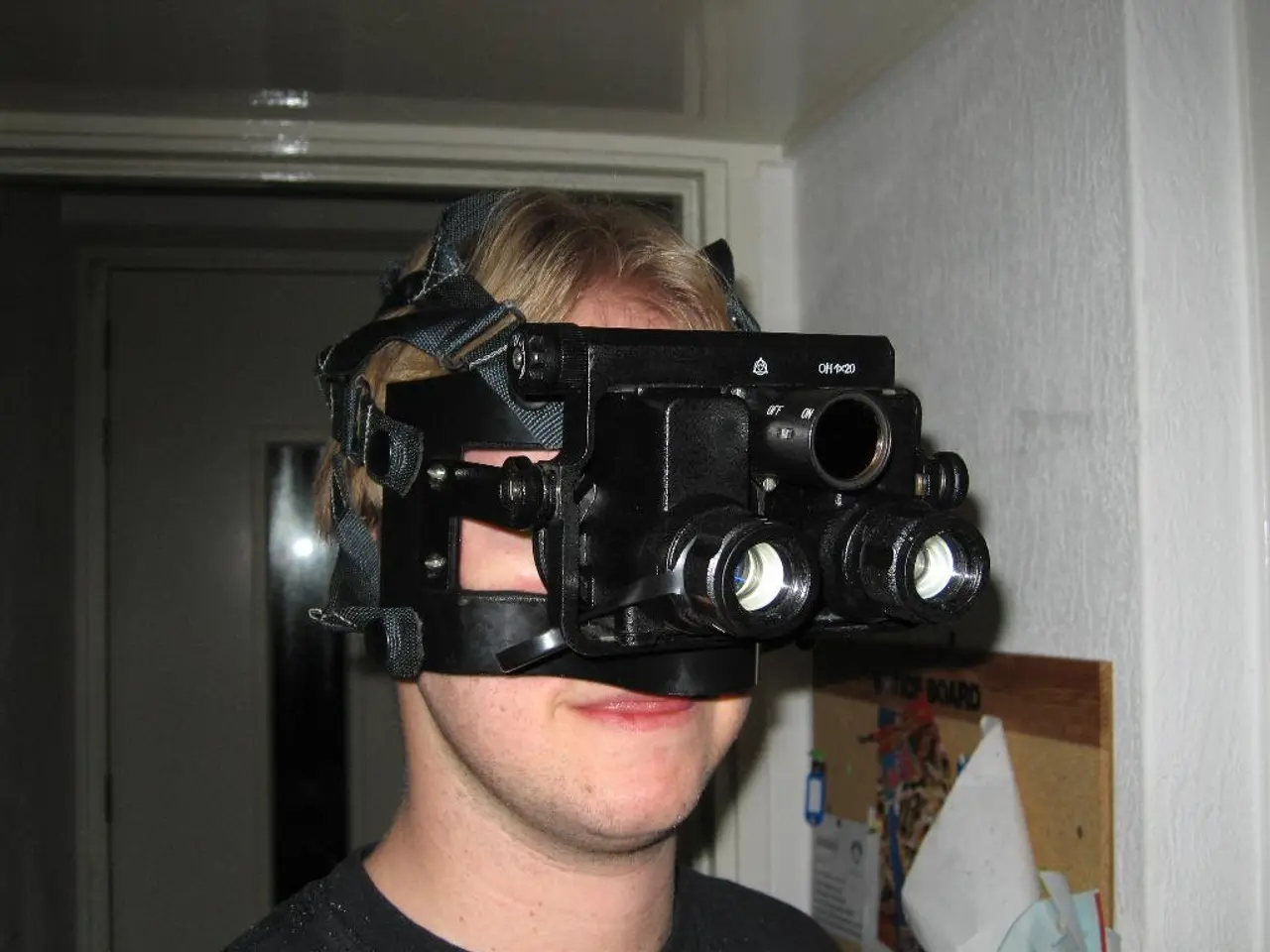Utilizing Virtual Reality's Advantages in Elderly Care Facilities
**Virtual Reality Transforms Nursing Homes: Improving Lives and Cognitive Function**
The integration of virtual reality (VR) technology in nursing homes is revolutionizing care for the elderly, offering numerous benefits and applications. However, challenges such as cost, technological barriers, and health concerns must be addressed to ensure a successful implementation.
One of the primary applications of VR in nursing homes is rehabilitation and therapy. This innovative technology aids elderly residents in regaining mobility and independence following strokes or injuries by offering immersive, personalized exercises. Furthermore, VR cognitive training can help manage neurodegenerative diseases like Alzheimer's, providing engaging exercises that stimulate memory retention and cognitive function.
Another significant application of VR is social interaction and travel. By virtually visiting places they cannot physically travel to, elderly residents can reduce feelings of isolation and enhance their quality of life. For instance, residents at the Floriana care home have used VR to explore famous locations like the Vatican and Venice.
VR also provides a safe environment for exposure therapy, helping residents overcome fears and anxieties.
The benefits of using VR in nursing homes are numerous. Improved cognitive function, enhanced social well-being, and increased accessibility are just a few examples. VR allows residents to engage with experiences that might be difficult or impossible for them otherwise, ultimately improving their overall well-being.
To ensure accessibility for all residents, nursing homes must tailor VR experiences to individual needs, use adaptable equipment, provide staff training, offer sensory accommodations, and implement feedback mechanisms. By adopting these measures, nursing homes can create an inclusive environment where every resident can enjoy the benefits of VR.
The future of VR in nursing homes looks promising, with advancements in technology making it more affordable and user-friendly. Examples of virtual reality applications in nursing homes include reminiscence therapy, virtual field trips, and relaxation and meditation.
Despite the challenges, the benefits of using VR in nursing homes far outweigh the obstacles. By investing in accessible VR equipment, providing personalized training and support, and offering ongoing support during VR experiences, nursing homes can transform the lives of their residents, improving cognitive function, reducing social isolation, and enhancing mood and well-being.
Science and health-and-wellness sectors are closely observing the potential of virtual reality (VR) technology in managing dementia, a common neurodegenerative disease affecting nursing home residents. VR cognitive training can provide engaging exercises that not only help stimulate memory retention but also improve cognitive function in individuals dealing with such conditions.




